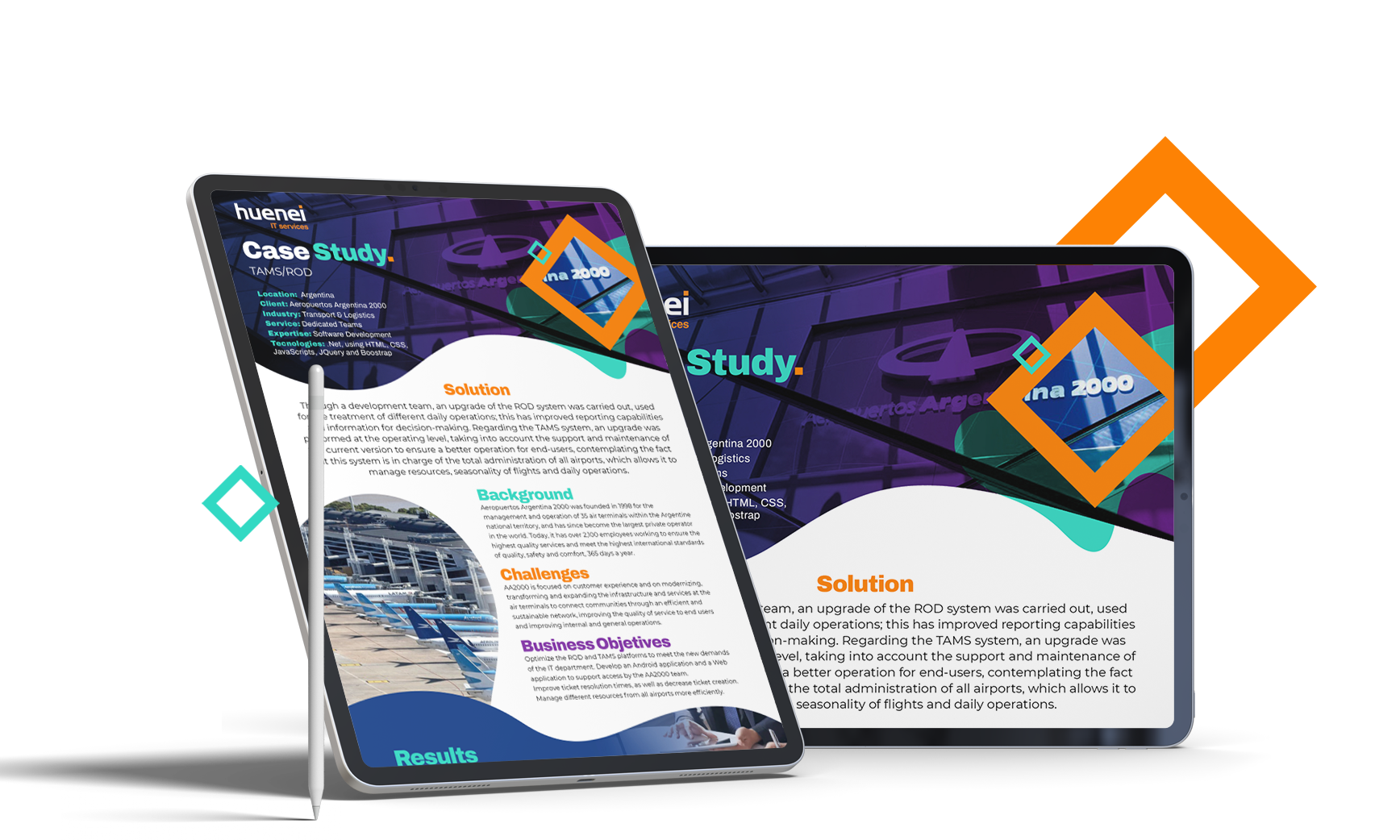Digital transformation is the process through which a company reinvents itself by making use of digital technology to enhance its performance. Today, digital transformation is a trending topic in the corporate world, where several organizations have already made the change or are in the process of doing so. Below are some of the benefits digital innovation has to offer.
Enhanced Efficiency
Several traditional operational issues such as manual data entry and process bottlenecks used to slow down the rate of task completion in several businesses, thus reducing the overall efficiency. Digital transformation gets rid of several of these bottlenecks and automates most process workflows, minimizing friction in the organization by enhancing efficiency.
Better Decision Making
In recent years the amount of data a company has access has seen exponential growth. Unfortunately, most companies fail to seize this opportunity. Digital transformation gives a firm the tools and processes required to manage data into useful information which can be leveraged to make better decisions.
Improved Reach to Customers
One of the key features of digital transformation is the ability to make a company’s products and services available to its customers at any time from any location. Creating automated systems that work 24/7 and are accessible from anywhere increases the company’s reach on its customers.
Greater Customer Satisfaction
Technological advances have increased customers’ expectations, mainly when it comes to simplicity and convenience. Digital transformation aims at getting rid of traditional complex and inconvenient processes to give the customers what they want in the best possible way.
Improved Sales
Several aspects of digital transformation, such as streamlining processes, meeting customer expectations, and making better decisions will ultimately lead to the company increasing its overall sales.
New Products and Services
Digital transformation is highly focused on the customers’ needs, which means adapting to the ever-changing market demands. Today’s competitive market means businesses must come up with new products and services to stay relevant and meet customer demand.
Increased Agility and Innovation
Getting rid of traditional rigid systems allows companies to transform themselves into flexible and adaptable entities ready to face the existing market demands. The firms are also able to come up with new and innovative ideas, processes, products, and services which will enhance performance and boost sales.
Reduced Costs
Streamlining the processes and technology in digital transformation results in better payment rates such as pay-per-service offers which are cost-efficient.
Accurate Market Analysis
More sophisticated information management technology allows businesses to get a better understanding of customer behavior and other key attributes of the market. This information would have been significantly difficult to obtain and not as accurate in the past. However, digital transformation makes the information management process both informative and efficient.
A New Vibrant and Motivated Culture
Digital transformation involves changes which might not be readily acceptable by most employees who are normally opposed to change. However, the transformation process should be carried out in a manner that makes the employees see the new technology as a helpful tool to aid them in getting work done faster, easier, and with greater convenience. Once employees appreciate the benefits transformation has to offer, they will be more motivated to work.






